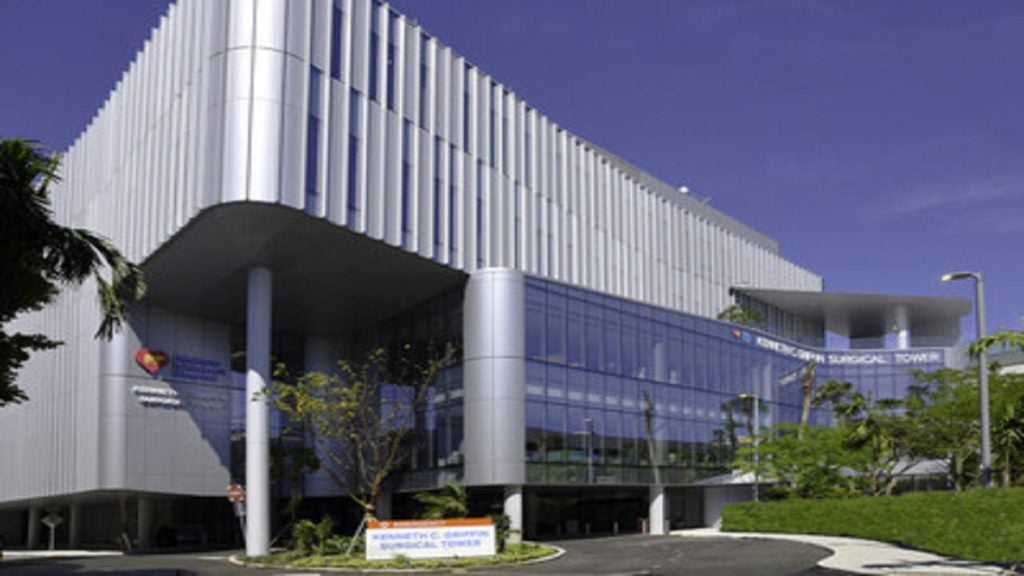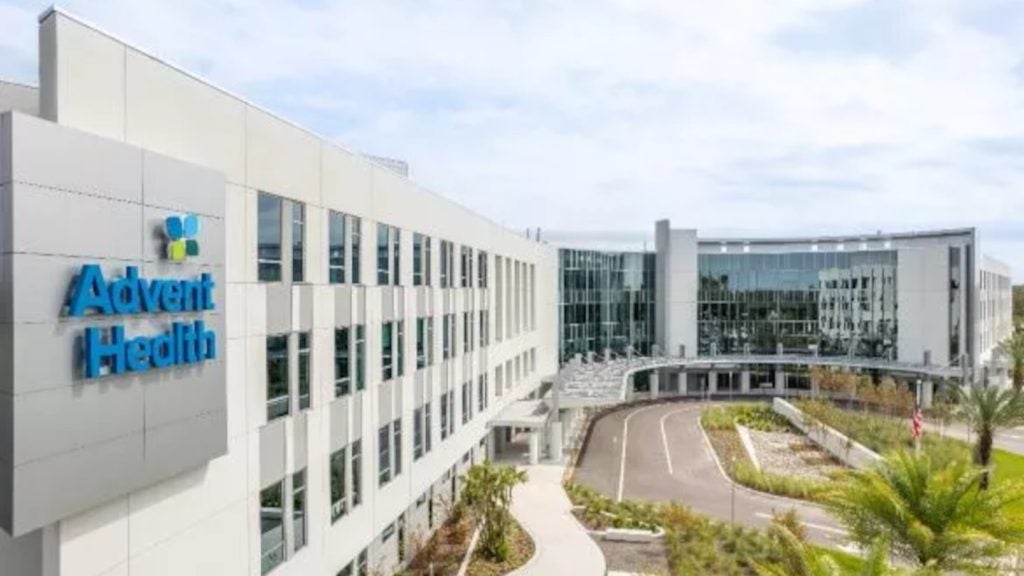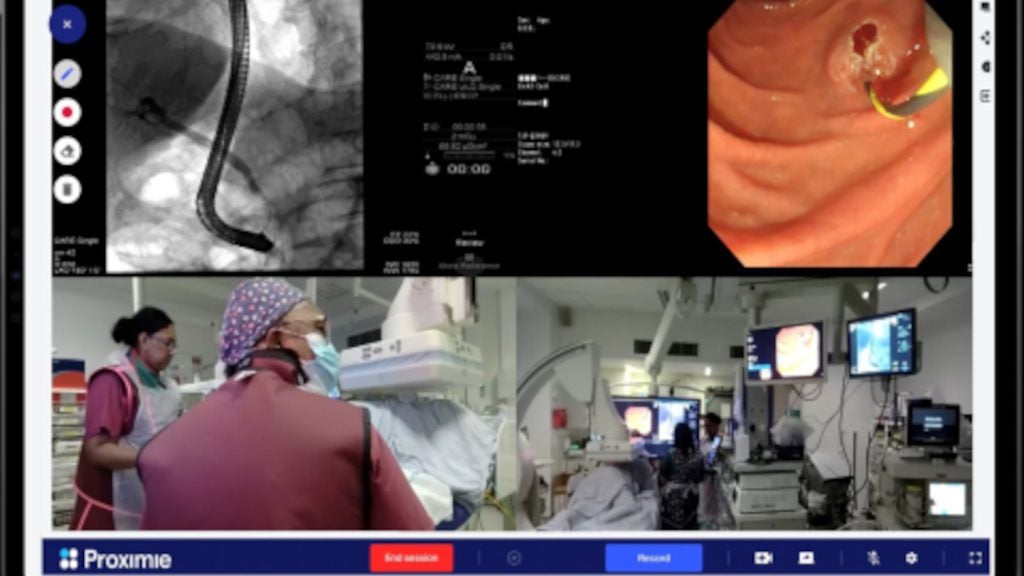
The University of Pennsylvania has partnered with Novartis for the construction of new Center for Advanced Cellular Therapeutics (CACT) on the Penn Medicine campus in Philadelphia, US.
Novartis has provided $20m to partially fund the project, which will be used to build the 30,000ft² facility.
How well do you really know your competitors?
Access the most comprehensive Company Profiles on the market, powered by GlobalData. Save hours of research. Gain competitive edge.

Thank you!
Your download email will arrive shortly
Not ready to buy yet? Download a free sample
We are confident about the unique quality of our Company Profiles. However, we want you to make the most beneficial decision for your business, so we offer a free sample that you can download by submitting the below form
By GlobalDataThe project includes the development and manufacture of personalised cellular cancer therapies, through a joint research and development programme led by scientists and clinicians from Novartis and Penn Medicine.
In August 2012, both the organisations signed a global research and licensing agreement to further study and commercialise Chimeric Antigen Receptor (CAR) therapies.
The new facility will be a centre for research using CAR, which enables a patient’s T cells to be reprogrammed outside of the body and when they are re-infused into the patient. T cells have the ability to destroy the cancer cells.
Expected to be completed in 2016, the centre will employ roughly 100 specialised professionals from the biomedical field.
It will feature advanced rooms, which will be used for vaccine development, assay development and correlative studies of blood and other biospecimens to examine how trial participants respond to the therapies they receive.
Novartis Institutes for Biomedical Research president Mark Fishman said: "We are fortunate to live in an era when fundamental discovery rapidly can become a therapeutic.
"Harnessing of the body’s immune system to treat cancers, as so dramatically shown with CAR T cell therapies, is the culmination of years of dedicated research."
The University of Pennsylvania Health System’s patient care facilities consist of the Hospital of the University of Pennsylvania, Penn Presbyterian Medical Centre, Chester County Hospital, Penn Wissahickon Hospice and Pennsylvania Hospital.
Image: The CACT will be built on Penn Medicine’s Philadelphia campus. Photo: courtesy of PRNewsFoto/Penn Medicine.








